Fat also contributes to satiety or a feeling of fullness after a meal. According to the Mayo Clinic, the body processes proteins and fats more slowly than carbohydrates, which can help you feel fuller and lose weight in a healthy way. Liquid oils are an excellent source for health. Just make sure you choose the right oil. Experts recommend replacing those with saturated fat for those high in healthy monounsaturated and polyunsaturated fats, which can help reduce the risk of heart disease.
OLIVE OIL
The health benefits of olive oil have been scientifically proven time and again. It is a well-known fact that it prolongs life. Extra virgin olive oil, in particular, contains more than 30 different phenolic compounds, a group of phytochemicals, many of which have anti-inflammatory and blood vessel dilating actions. One particular phytochemical is getting a lot of attention for its potential protective effect against Alzheimer’s, as research suggests. Some types of extra virgin olive oil contain a natural anti-inflammatory compound called oleocanthal. Olive oil, which ranks first among healthy fats, improves heart health and lowers cholesterol.
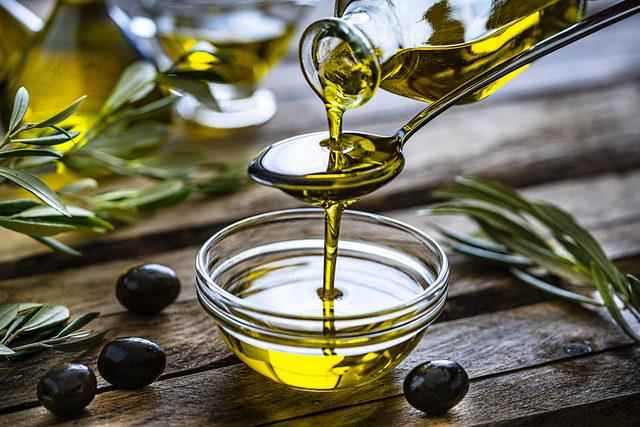
canola oil
Canola oil contains only 7 percent saturated fat and, like olive oil, is high in monounsaturated fat. It also contains high levels of polyunsaturated fat. Experts state that canola oil is suitable for frying.

LINEN SEED OIL
Flaxseed oil is an excellent source of alpha-linolenic acid, a form of omega-3 fatty acid. Flaxseed oil, in particular, may help reduce arthritis symptoms. Flaxseed oil contains omega-6 fatty acids, which are also important for your health. Experts recommend using flaxseed oil in salads, not in meals.
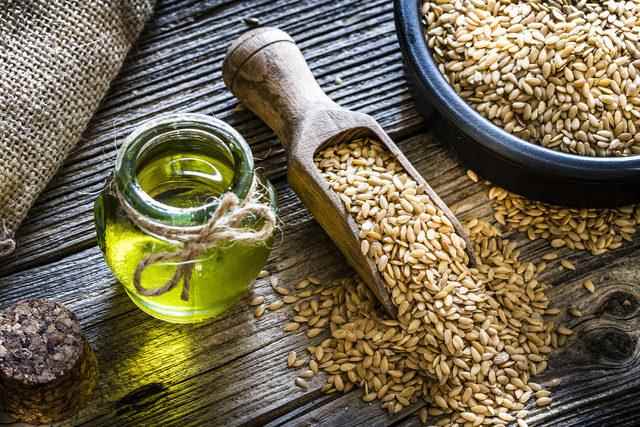
AVOCADO OIL
If you love avocado, why not try avocado oil? Avocado and avocado oil are rich in healthy monounsaturated fats. A review published in June 2019 in the journal Molecules found that avocado oil has excellent nutritional value at low and high temperatures. You can safely use avocado oil in cooking and frying.
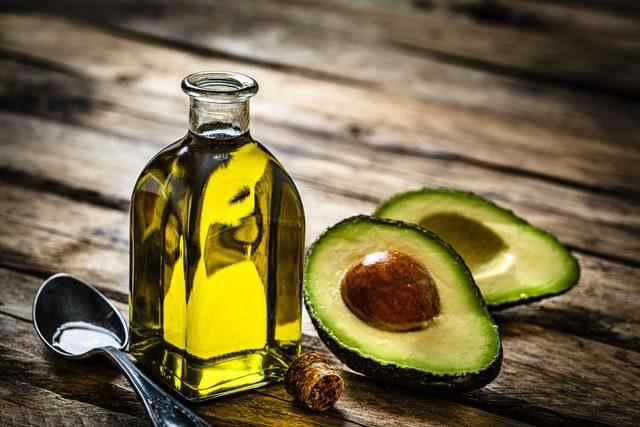
WALNUT OIL
Walnut oil is a healthy choice and a good source of omega-3 fatty acids, especially alpha-linolenic acid. Since walnut oil is unrefined and has a very low flash point, it should not be used for cooking.
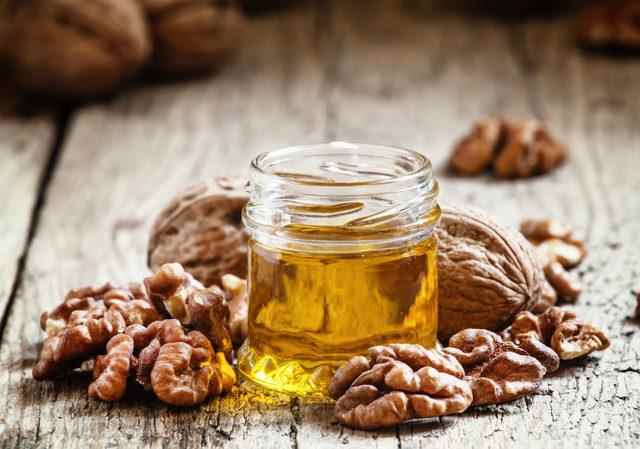
SESAME OIL
A staple in Asian and Indian cooking, sesame oil is ideal for heart health. Sesame oil is another polyunsaturated fat. A review published in Cureus in 2017 states that Sesame oil has anti-inflammatory and antioxidant properties, potentially helping to lower the likelihood of cardiovascular disease and atherosclerosis, which is the buildup of fat and other substances in the vessel walls that cause these vessels to narrow and raise blood pressure.
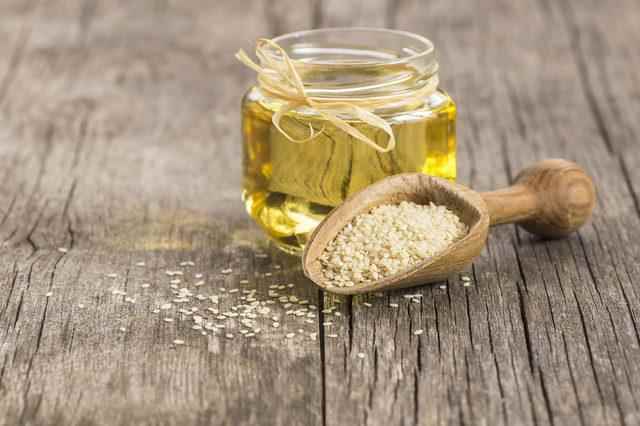
GRAPE SEED OIL
Like flaxseed oil, grapeseed oil contains omega-6 polyunsaturated fatty acids. Grape seed oil also contains vitamin E, which acts as an antioxidant to help fight free radicals and is an important vitamin for immune system support, according to the National Institutes of Health. 1 tablespoon of grape seed oil is an excellent source of vitamin E.

SUNFLOWER OIL
Sunflower oil is high in unsaturated fats and low in saturated fat. Studies show that choosing sunflower oil over an oil high in saturated fat can lower LDL cholesterol and triglyceride levels. Sunflower oil is also an excellent source of vitamin E.

COCONUT OIL
Coconut oil is controversial. Studies with coconut oil have produced conflicting results. While some of them stated that they may have benefits, some of them showed the opposite. However, coconut oil can also raise your LDL cholesterol levels, according to a study published in Circulation in January 2020. If you want to use coconut oil for cooking or baking, the Cleveland Clinic recommends doing so in moderation, within recommended saturated fat intake limits, and as part of a broader healthy diet.
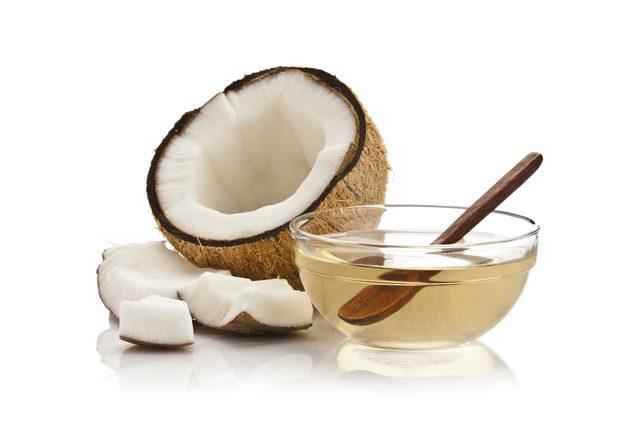
TRANS FAT
You should definitely not bring trans fats into your life, which causes millions of deaths every year. These artificial trans fats are created through an industrial process that adds hydrogen to liquid vegetable oils to make them more solid. The names of trans fats appear on some products as “partially hydrogenated vegetable oil”. Experts say to avoid partially hydrogenated oils that contain trans fatty acids. Trans fats help preserve the shelf life of the product, but they are harmful to human health.

PALM OIL OR PALM OIL
Palm oil’s damage to both human health and the global environment is enormous. Studies have found that palm oil consists of roughly equal parts saturated fat and unsaturated fat. According to the American Diabetes Association, people with diabetes should be very careful about their consumption of saturated fat (as they are at higher risk for heart disease) and avoid sources of fat such as palm oil. There are also ethical concerns about palm oil use, according to the World Wildlife Fund, as palm oil production has been linked to deforestation and unfair working practices.
